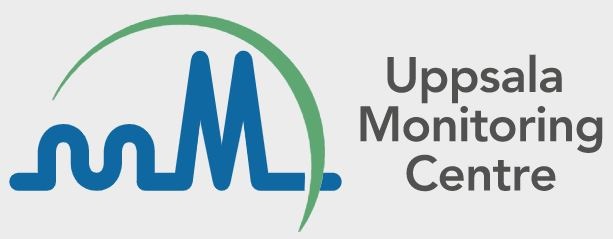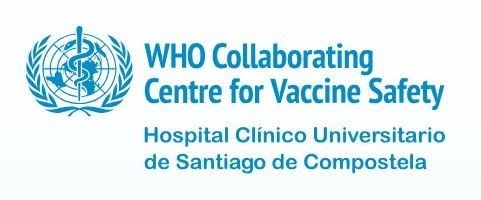WHO Collaborating Centres
The WHO Pharmacovigilance team works with three Collaborating centers to advance pharmacovigilance in countries

The Uppsala Monitoring Centre (UMC) was the first WHO Collaborating Centre to be established for pharmacovigilance when, in 1978, the scientific and technical responsibility of the WHO Programme for International Drug Monitoring was transferred to Sweden.
The Centre is an independent, self-funded, non-profit organisation.
The UMC holds and maintains the largest global database of Individual Case Safety Reports (ICSRs), known as VigiBaseTM, on behalf of WHO and its Member States.
The UMC provides technical support and guidance to national centres in pharmacovigilance practice.
The UMC develops and supports countries with reporting and data management tools such as VigiFlow, a web-based system that integrates international standards to record and manage ICSRs at many national centres.
The UMC conducts training sessions and publishes scientific articles, books, newsletters and periodicals in pharmacovigilance and risk communication.

The Pharmacovigilance Program of India (PvPI) was launched with a broad objective to safeguard the health of 1.27 billion people of India. Adverse drug Reactions (ADRs) are reported from all over the country to NCC-PvPI, which also work in collaboration with the WHO Programme for International Drug Monitoring (PIDM) and also contributes to the Global ADRs database. NCC-PvPI monitors the ADRs among Indian population and helps the regulatory authority of India (CDSCO) in taking decision for safe use of medicines.
The mission of the PvPI is to safeguard the health of the Indian population by ensuring that the benefit of the use of medicine outweighs the risks associated with its use. In 2017, PvPI- Indian Pharmacopoeia Commission (IPC), in Ghaziabad, India, became a WHO Collaborating Centre.
The PvPI centre assists WHO by:
Supporting WHO to develop relevant tools and guidelines for enhancing pharmacovigilance practice in Low and Middle-Income Countries in Asia and beyond.
Contributing to capacity building of WHO member states to establish high-quality pharmacovigilance systems for medical products.
Providing scientific support to countries for pharmacovigilance in public health programmes (e.g. Tuberculosis, Neglected Tropical Diseases, Vector Borne Diseases, HIV-AIDS; Immunization Programme) and regulatory issues.

The Hospital Clínico Universitario de Santiago, part of the Galician Healthcare System (SERGAS), was designated by the World Health Organization as a Collaborating Centre for Vaccine Safety in 2018.
This is a great responsibility and a challenge, but one we can take on thanks to the excellence of the multidisciplinary clinical team at the Pediatrics Service of the Hospital Clínico Universitario de Santiago. Details of the team involved and the terms of this collaboration are detailed below. The Center assists WHO by:
1. Contributing to WHO work in training National Immunization Technical Groups of Experts (NITAG) on developing recommendations on COVID-19 vaccines and vaccination strategies.
2. Contributing to WHO work in training of health workers on vaccine safety, contraindications, and introduction of new vaccines.
3. Assisting WHO in developing / updating training materials for health workers on vaccine safety, contraindications, and clinical management of adverse events following immunization.
4. Providing, on request of WHO, support in conducting investigations of adverse events following immunization (AEFI) and AEFI crisis response.
